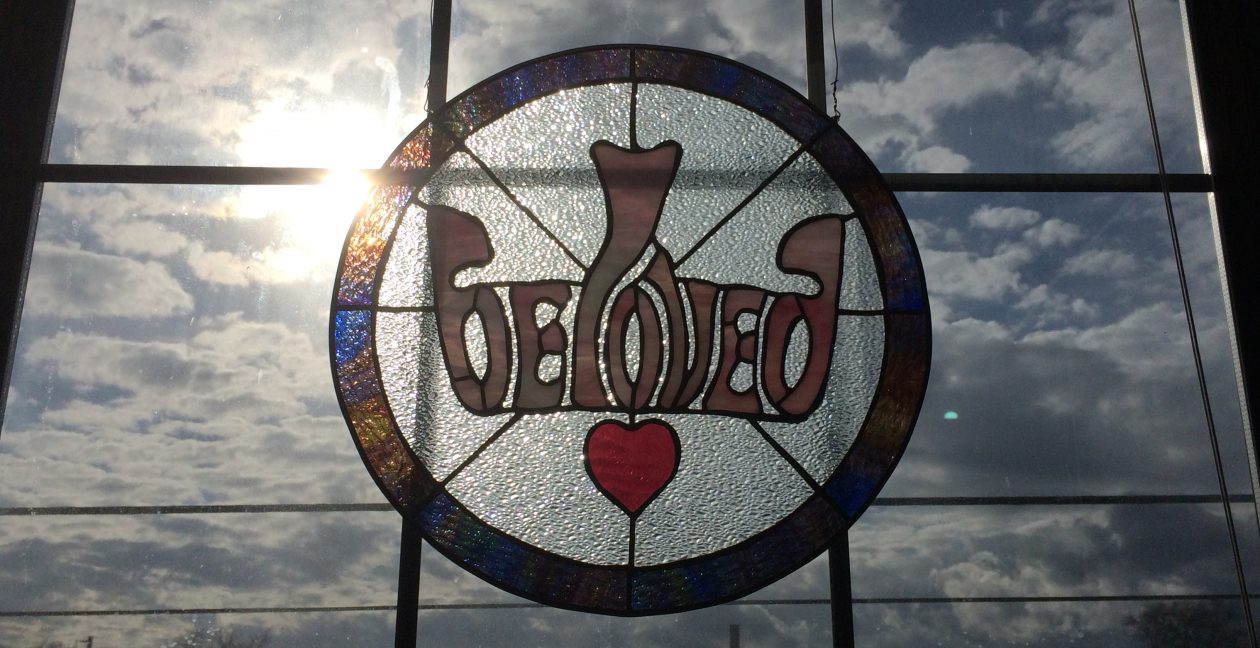Romans 7:14 For we know that the law is spiritual; but I am of the flesh, sold into slavery under sin.15 I do not understand my own actions. For I do not do what I want, but I do the very thing I hate. 16 Now if I do what I do not want, I agree that the law is good. 17 But in fact it is no longer I that do it, but sin that dwells within me. 18 For I know that nothing good dwells within me, that is, in my flesh. I can will what is right, but I cannot do it. 19 For I do not do the good I want, but the evil I do not want is what I do. 20 Now if I do what I do not want, it is no longer I that do it, but sin that dwells within me.
The Psalms have always been “popular” with Christians because they so well speak to our weaknesses and describe how our better natures are constantly struggling with our worst feelings.
In the time of Jesus, most people were like the folk in some midwestern churches who were asked whether they felt they loved their neighbor as they loved themselves. More than half said yes.
Paul and the Psalm writers knew better. They knew that we seldom can distinguish what is right from what we want, what is good from what appeals to us.
In a passage that sounds confusing, St. Paul says the very things he doesn’t want to do, he does (Romans 7:14-20). If he had trouble with doing the right thing how much more do we.
Part of the problem surely is that the alternatives we have to choose from are not the ‘right’ thing from the ‘wrong’. But in the world even our best efforts may be spent on mistakes or things that seem better than they are. It is as if we look out at the world through distorted glasses, seeing things that aren’t really what they seem.
This, I believe, is why we are told not to judge, but leave judgment to God. It is also why we should be grateful we belong to a church that recognizes life looks different as we grow and see new things.
A favorite picture in my experience is of a person climbing a steep hill. From where I am on the side of the hill the valley I came from looks different now. And as I climb on up and new things become visible, once more it is as if that valley is changing. Now I see that lake is actually part of a river, that ridge opens to a wider valley.
It is clear now that my best understanding when I was in the valley was limited. I was so sure and now I see I was mistaken. So Lent is a time for stopping briefly on our climb up the hill and looking back and asking God’s forgiveness for the things we misunderstood, and giving God thanks for the support I’ve been given.
Our church says “Do not place a period where God has placed a comma.”
Thank you, God.
-Dick Sales (how he is missed!)
